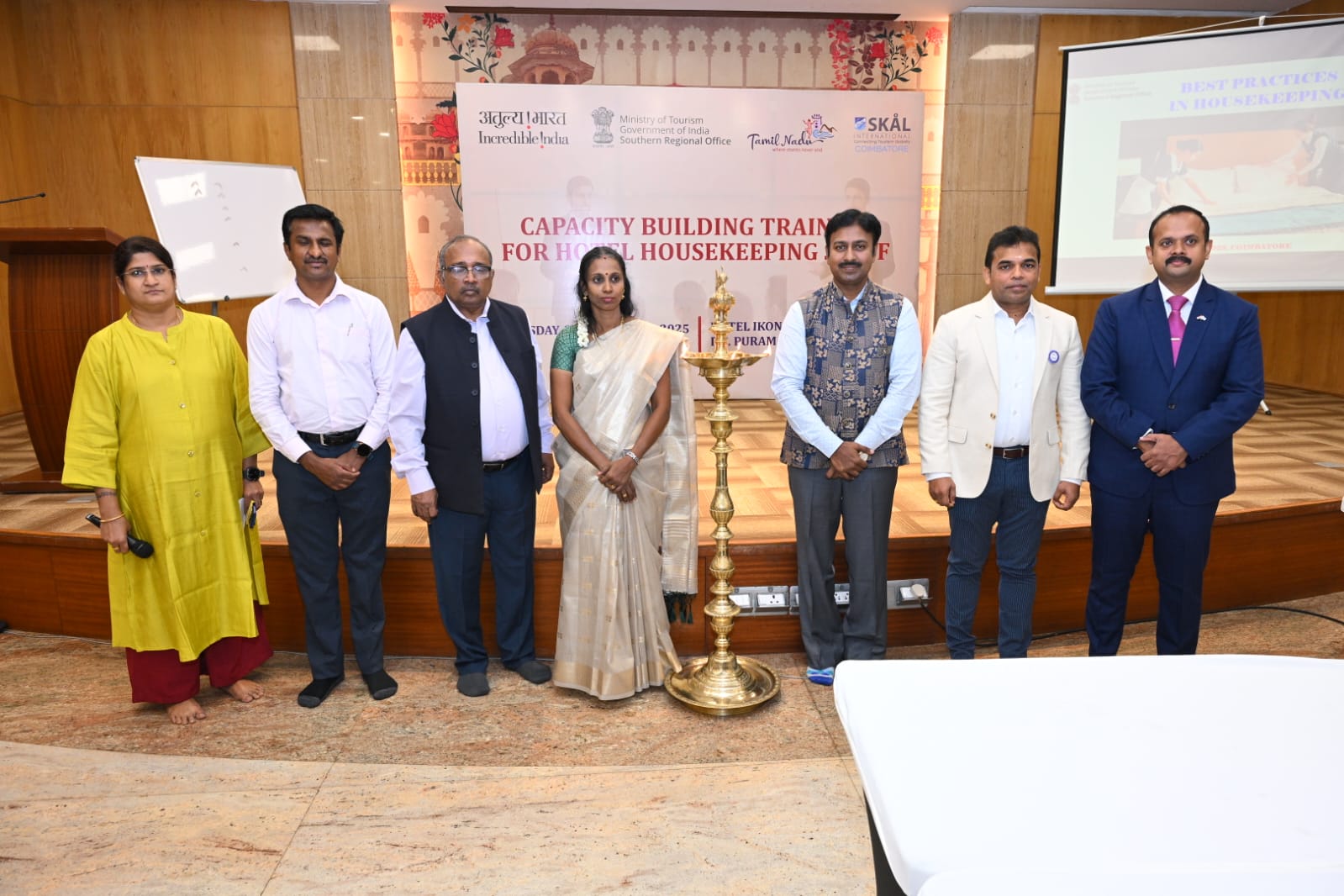The globally recognised hotel sustainability standard is now available locally via QualStar, helping Indian hotels cut costs, aligning them with the world’s trusted benchmark.
HT Bureau
The Global Sustainable Tourism Council (GSTC), the world’s most trusted benchmark for sustainable tourism, has finally arrived in India, offering hotels a locally accessible and cost-effective path to global recognition. This landmark move, enabled by a strategic partnership between United Certification Systems Limited (UCSL), a pioneering GSTC-accredited body, and QualStar, India’s leading hotel certification expert, eliminates the need for expensive international audits, making it easier for Indian hotels to align with global sustainability standards.
A new era for Indian hospitality
The Indian hospitality industry is experiencing unprecedented growth, but with this expansion comes increased scrutiny from global travellers, corporations, and governments who are demanding verifiable sustainability. Until now, obtaining GSTC certification required inviting auditors from overseas, a process fraught with high costs and logistical challenges. This made certification an expensive proposition, limiting adoption to just a handful of properties.
The new UCSL–QualStar partnership addresses this critical barrier. By combining UCSL’s international accreditation with QualStar’s deep local expertise and established network of trained auditors, hotels can now achieve the same rigorous, globally recognised certification at a fraction of the cost.
Besides, the local accessibility of the certification is crucial for an industry facing a shortage of over 300,000 hotel rooms and rapidly expanding its footprint.
The gold standard of sustainable tourism
Established through a UN-led initiative, GSTC creates unified, global standards for sustainable tourism. This means a hotel certified in India meets the same rigorous parameters as in Singapore, Türkiye, or the US. It ensures consistency and credibility among global travellers, tour operators, and corporate clients who are increasingly prioritising ethical and sustainable choices.
The certification covers four key pillars of sustainable tourism:
- Sustainable management: Ensuring a hotel’s operations are transparent and committed to sustainability goals.
- Socio-economic impacts: Focusing on fair labour practices, community engagement, and supporting local economies.
- Cultural impacts: Promoting and protecting cultural heritage.
- Environmental impacts: Effectively managing energy, water, waste, and biodiversity.
By meeting these criteria, certified hotels not only reduce their environmental footprint but also enhance their brand reputation and marketability on a global scale. This is especially relevant in a world where countries like Singapore and Türkiye have already made GSTC certification mandatory for their hotel sectors.
Voices from the partnership
Emphasising the importance of local expertise in maintaining global standards, Olga Shuvalova, CEO, UCSL, said, “Our partnership with QualStar ensures that GSTC certification remains rigorous, impartial, and internationally credible while also becoming more accessible and relevant to the Indian market. We are confident that this collaboration will accelerate India’s journey towards becoming a global leader in sustainable tourism.”
Subha Bhaskar, COO, QualStar, highlighted the synergy between the two organisations. “We are proud to collaborate with UCSL as their authorised partner. This allows us to combine UCSL’s global credibility with our decades of local expertise in hotel classification and audits.” She futher highlighted that by providing internationally recognised and deeply relevant sustainability audits, “we are empowering Indian hotels to meet and exceed global expectations.”
Key benefits for Indian hotels
The availability of local GSTC certification is a game changer for the Indian hospitality industry, positioning it for long-term growth and global leadership. Additionally, the certification can help hotels achieve cost-efficiency, enhanced market access, and brand credibility and competitiveness.
This pivotal step will empower Indian hotels towards becoming global leaders in sustainable tourism










